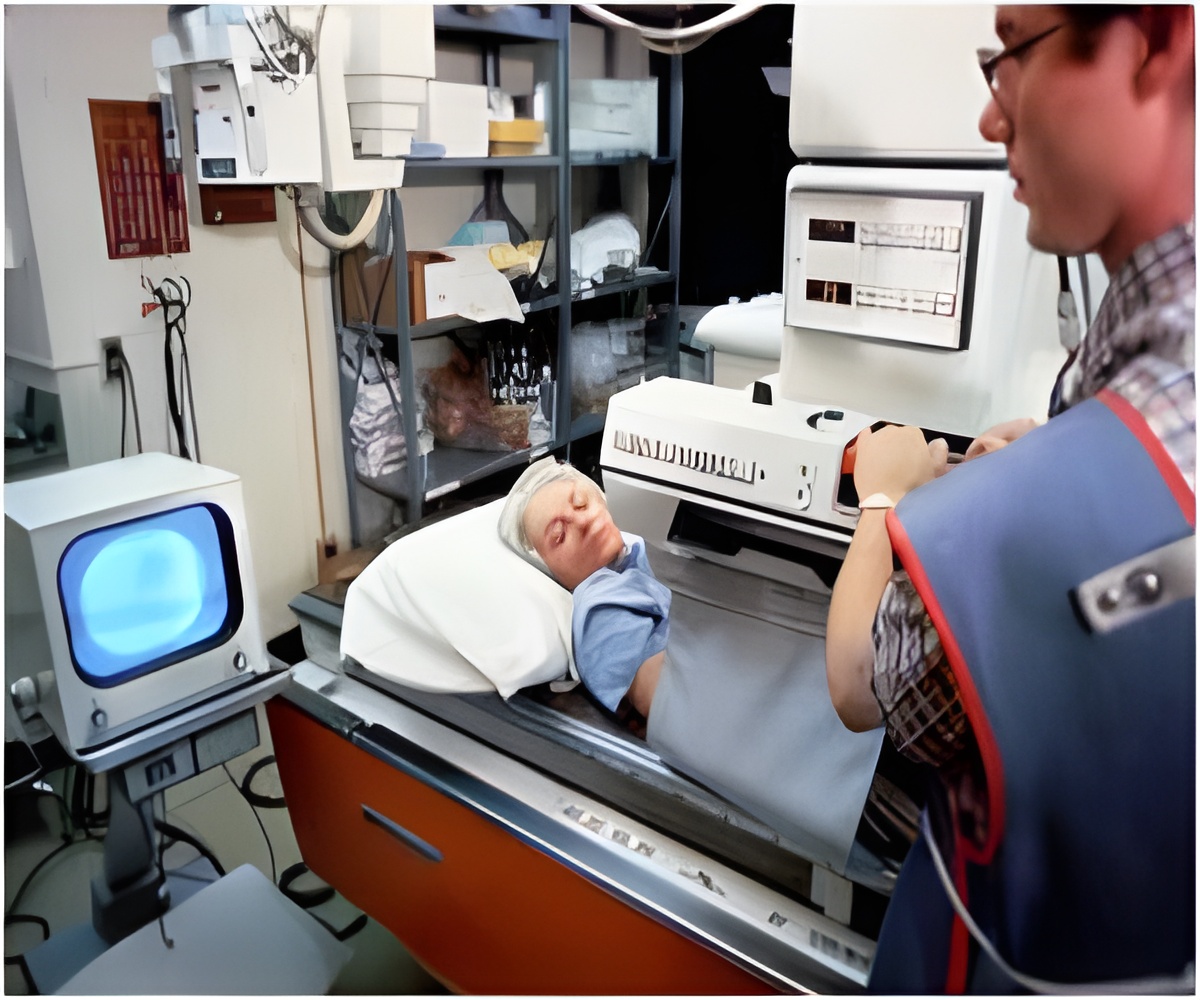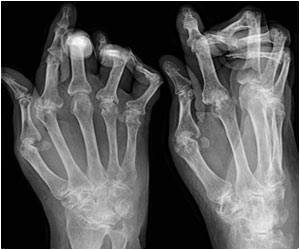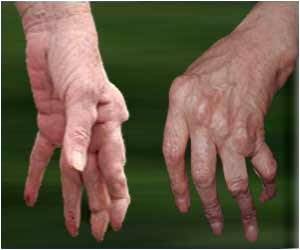Rheumatoid arthritis alone is painful and disabling, but it also puts patients at higher risk of death. The greater susceptibility to infections that accompanies

Using the National Institutes of Health-funded Rochester Epidemiology Project, researchers studied medical records of 584 rheumatoid arthritis patients diagnosed between 1955 and 1994 and followed up on until January 2000. Of those, 252, or nearly half, had more than one serious infection requiring hospitalization and/or intravenous antibiotic; those 252 collectively racked up 646 infections.
The Mayo team developed an infection risk score based on those and other rheumatoid arthritis patients they studied. Factors in the calculation include age; previous serious infections; corticosteroid use; a low white blood cell count; elevated results in a blood test used to detect signs of inflammation, called an erythrocyte sedimentation rate; signs of rheumatoid arthritis outside joints; and the presence of other serious conditions such as heart disease, heart failure, diabetes, lung disease, vascular disease and alcoholism. They confirmed the usefulness of the risk score in a second group of patients with rheumatoid arthritis from the same population.
"Using a risk score in this way can alert physicians that their patient is at high risk for infection and needs more frequent follow-ups, measures for infection prevention and possible changes in treatments," says senior author Eric Matteson, M.D., chair of the Division of Rheumatology at Mayo Clinic.
"Rheumatoid arthritis patients are at higher risk of infection, and that risk is clearly not just because of the arthritis drugs."
More research is needed to determine the level of infection risk at which patients get the most benefit from medications to prevent infection and how infection risk might affect use of a category of rheumatoid arthritis drugs called disease-modifying antirheumatic drugs, or DMARDs, such as biologics, the study says.
Advertisement
Source-Eurekalert














